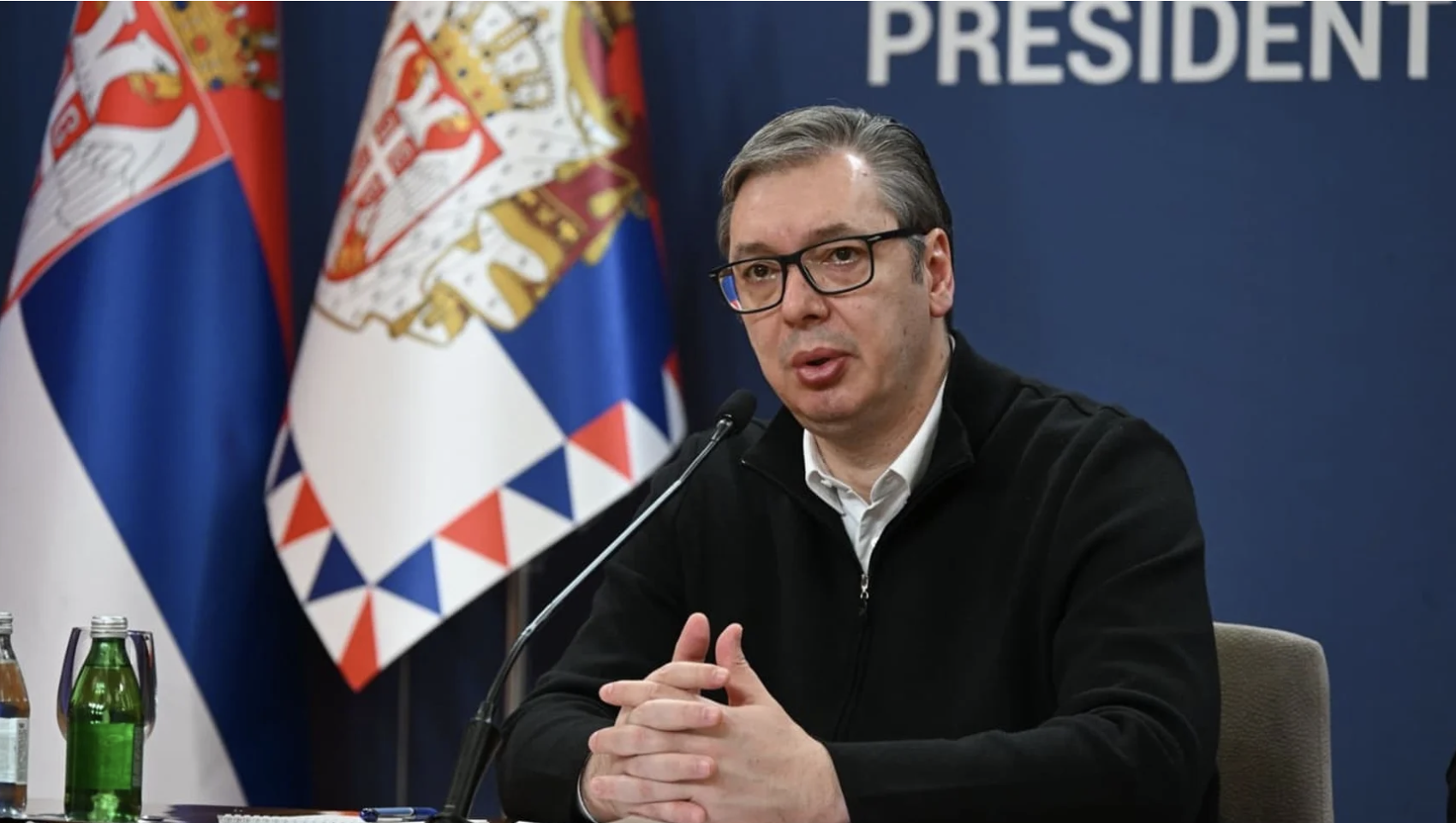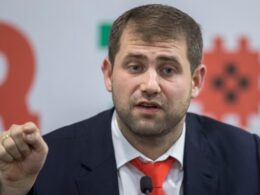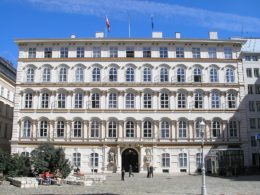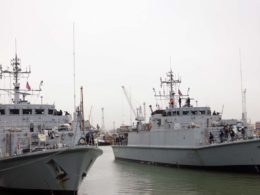Serbia's President Aleksandar Vučić admitted on 15 October that three Russian nationals operated a secret military training camp in western Serbia. There, dozens of Moldovan citizens were trained to destabilize Moldova's 28 September parliamentary elections, Radio Free Europe/Radio Liberty reports.
"I cannot claim that a Russian intelligence service was involved, but we have established the presence of three Russian citizens at the Sunčana Reka camp, not far from Loznica," Vučić told reporters.
What was the paramilitary camp?
Moldovan authorities say Russian secret services organized the camps where dozens of Moldovan citizens learned destabilization tactics over several months, to incite violence if pro-Russian political forces lost the elections.
Six days before voting, Moldovan police arrested 74 people suspected of planning riots, while Serbian authorities detained two Serbian citizens for helping organize the operation.
The training facility operated at the Sunčana Reka tourist complex near Loznica, an eight-hectare site on the Drina River along Serbia's border with Bosnia. Investigative journalists uncovered evidence that Russian nationals had visited the location, forcing Serbian authorities to respond.

Why Serbia's admission matters
While Serbian officials previously acknowledged the camp's existence, this is the first time they've publicly confirmed Russian involvement. Moscow has denied all accusations.
The admission came as the EU intensifies pressure on Serbia to align with Western foreign policy as part of its EU membership bid.
"We need greater alignment in our foreign policy, including regarding sanctions against Russia," von der Leyen stated at the press conference.
Serbia's Russia problem
Unlike most European nations, Serbia has maintained close ties with Russia despite the 2022 Ukraine invasion, refusing to impose sanctions and maintaining visa-free travel for Russian citizens.
The training camp revelation heightens concerns about Russian influence operations in the Balkans. Notably, Loznica, the town where the camp operated, has honored Russian ruler Vladimir Putin as an honorary citizen for 15 years.
EU officials are demanding that Serbia "be more concrete" about its membership aspirations by respecting the rule of law, implementing electoral reforms, protecting press freedom, and joining sanctions against Russia.
Moldova: A battleground between East and West
Moldova, a former Soviet republic of 2.6 million wedged between Romania and Ukraine, has become a flashpoint in the East-West struggle for influence in Eastern Europe. As the country moves closer to the European Union, Russian interference has intensified, with the Kremlin backing pro-Russian parties and allegedly funding destabilization efforts.





